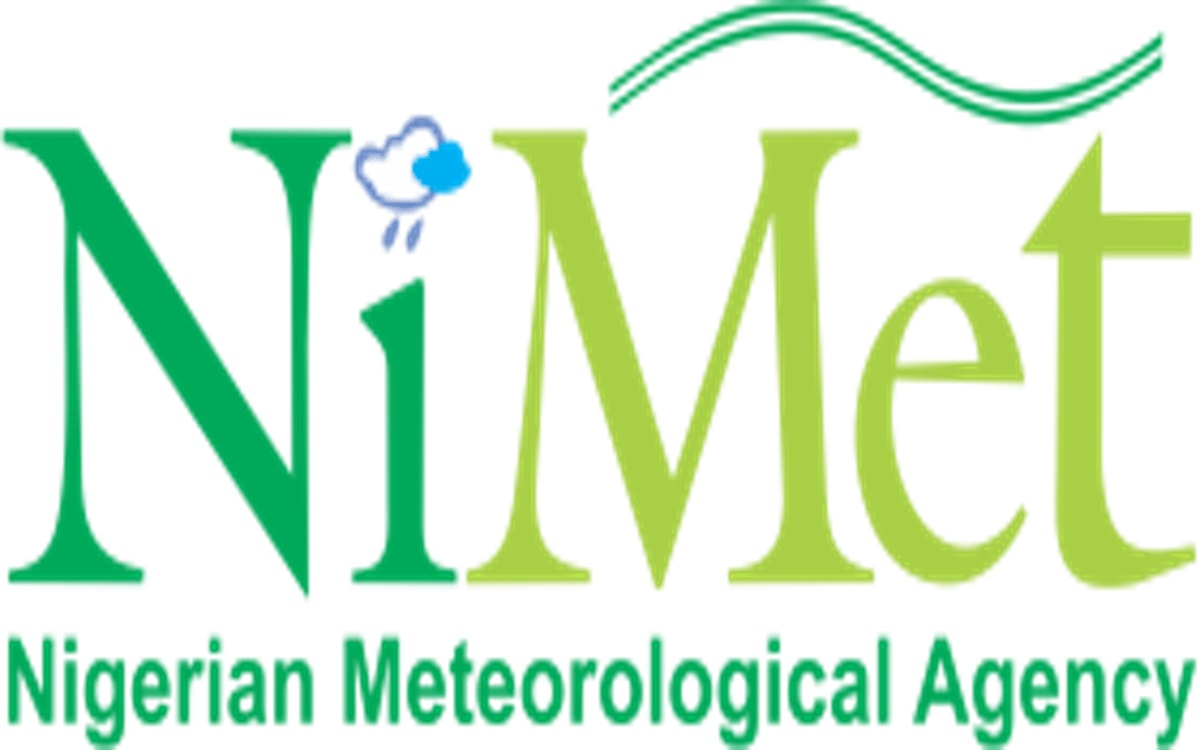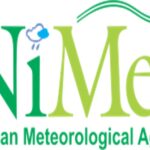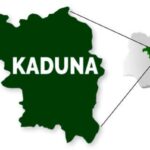The Nigeria Meteorological Agency (NIMET) Director-General, Prof. Mansur Bako Matazu has raised alarm over the high level of vandalism of weather sensors around the airports saying it is compromising safety.
These sensors are critical in monitoring weather patterns especially windshear, which is very dangerous to aircraft and has been the most difficult weather phenomenon in the aviation industry.
- Femi Adesina: Nigerians more attracted to Buhari than Awolowo, Azikiwe, Aminu Kano
- Royal Tussle: Family drags Abiodun, kingmakers to court over ‘imposition’
He stated this at the 2nd Nigerian Aviation Workforce Safety (NAWS) 2nd symposium held in Abuja.
It had the theme of mitigating/preventing the adverse impact of windshear occurrences in Nigerian Airspace.
Prof. Matazu said the challenge NiMet is experiencing “is vandalisation of some of the sensors located in remote locations within the airport premises or beyond the perimeter.”
“Recently we attended a town hall meeting alongside the minister on how to sensitise the public to stop vandalising sensors because some of these instruments look very simple in the bush but they play critical roles in the aviation industry” he stated.
He said the agency is coming up with an alternative monitoring system of these low level wind shear beyond using sensors, “we are using the one stop rader system in addition to other upper air observations” he stated.
According to him, “for each airport we have ten sensors, we are coming up with security implementation of some of the recommendations by a security outfit that conducted vulnerability surveys of the sensors and we are involving the communities to help us engage the locals to help us safeguard the installations.”
Earlier in his welcome, CEO, Accident Investigation Bureau (AIB), Akin Olateru explained that the symposium was convened to strengthen the Nigeria Aviation Safety Management System and to continually assess preparative action plans to mitigate the impact of unusual meteorological conditions and climate change on aviation safety.

 Join Daily Trust WhatsApp Community For Quick Access To News and Happenings Around You.
Join Daily Trust WhatsApp Community For Quick Access To News and Happenings Around You.

